An educational teaching presentation introducing the students to the R.E.R.U.N. method for writing a scientific conclusion.
Use this teaching resource when the students are writing a conclusion in their classroom science experiments using the scientific method.
The R.E.R.U.N. method of writing a scientific conclusion is based on the following:
- Restate – What was the aim of the experiment?
- Explain – What was the experiment trying to find out?
- Results – What are the results of the experiment?
- Uncertainty – What were the uncertainties, errors or uncontrolled variables?
- New – What did you learn and how can you take this knowledge further?
Use this resource in conjunction with
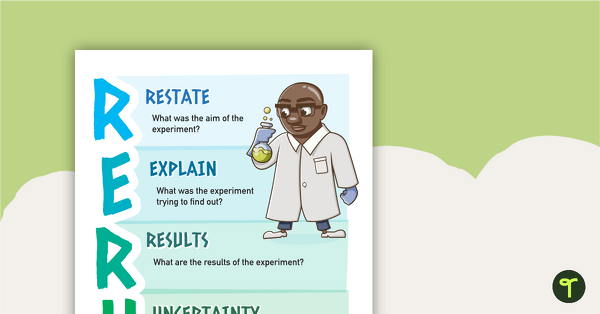
teaching resource
R.E.R.U.N. - Writing a Scientific Conclusion Poster
An educational poster introducing the students to the R.E.R.U.N. method for writing a scientific conclusion.
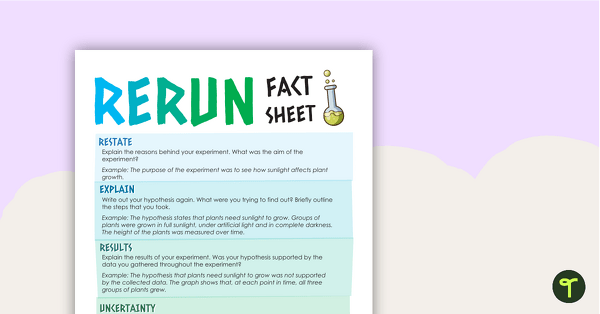
teaching resource
R.E.R.U.N. - Writing a Scientific Conclusion Fact Sheet
An educational fact sheet introducing the students to the R.E.R.U.N. method for writing a scientific conclusion.
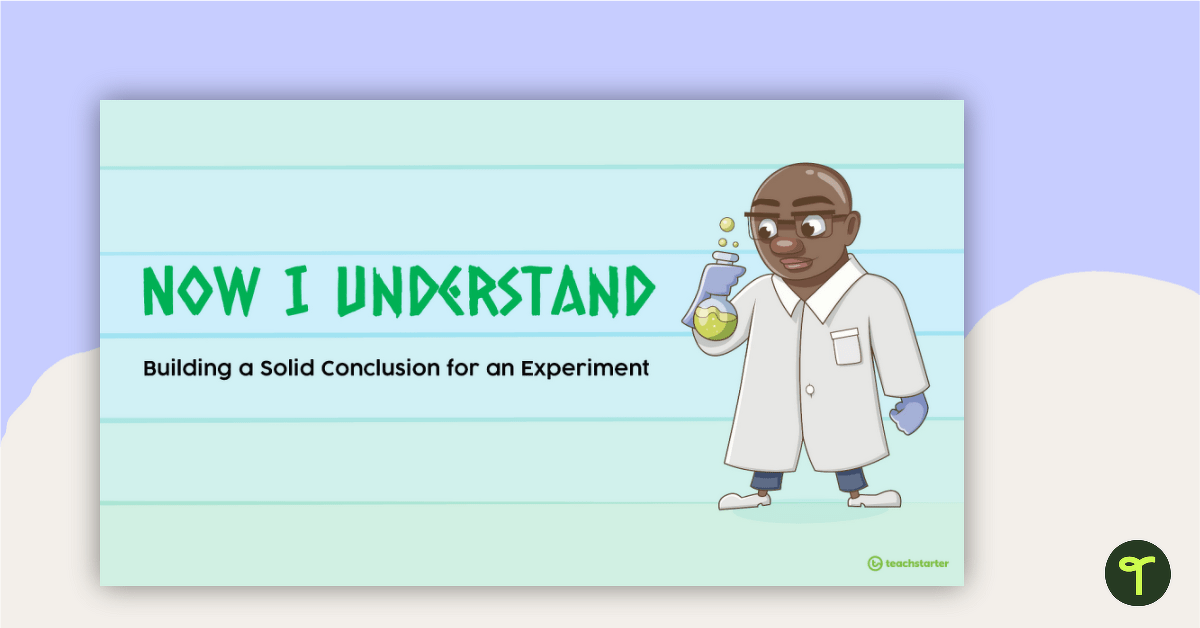

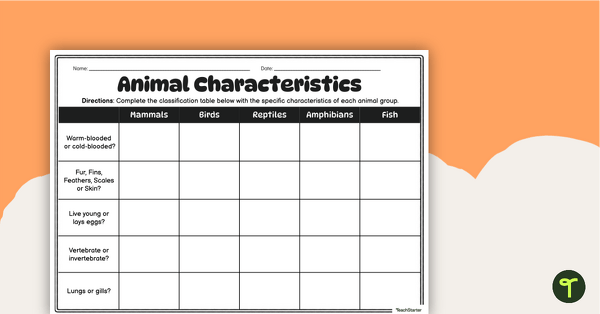
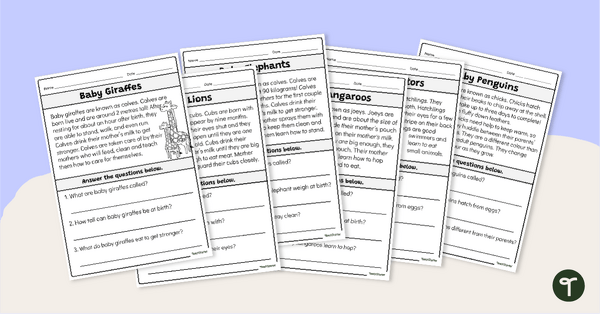
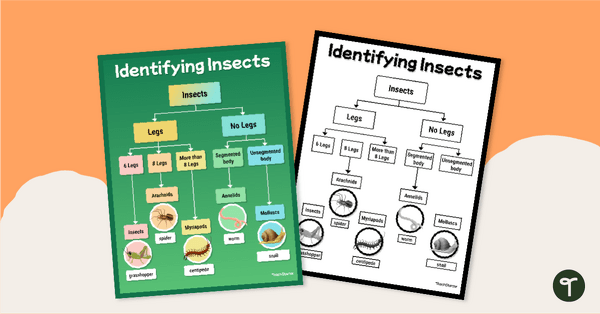
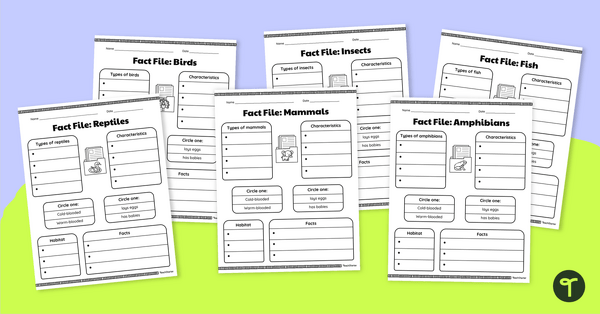
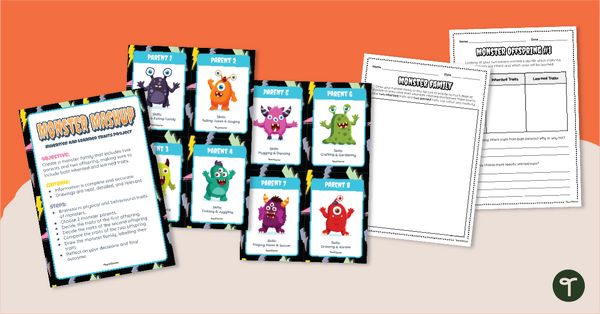
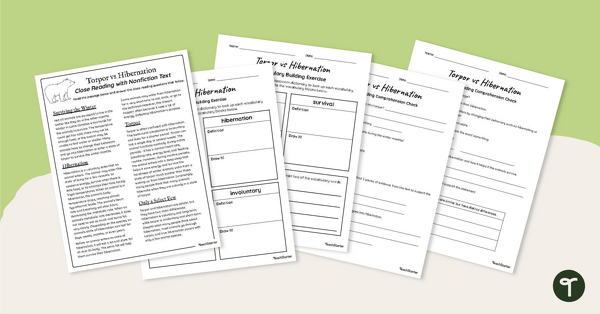
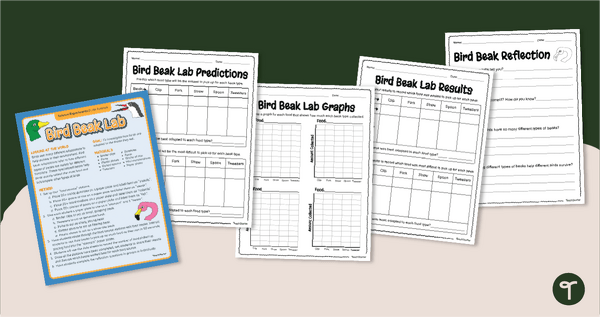
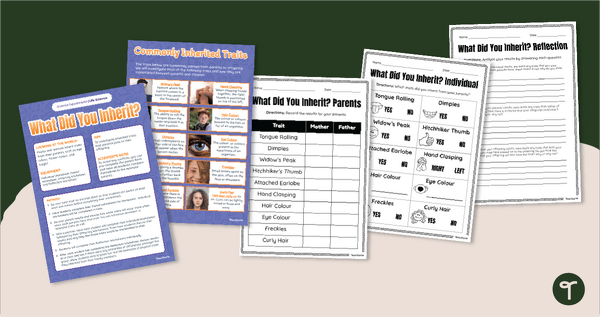
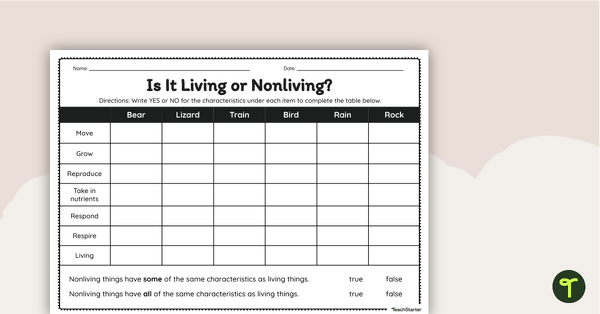
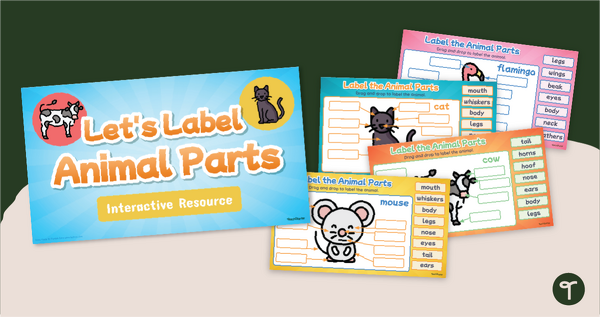
0 Comments
Write a review to help other teachers and parents like yourself. If you'd like to request a change to this resource, or report an error, select the corresponding tab above.